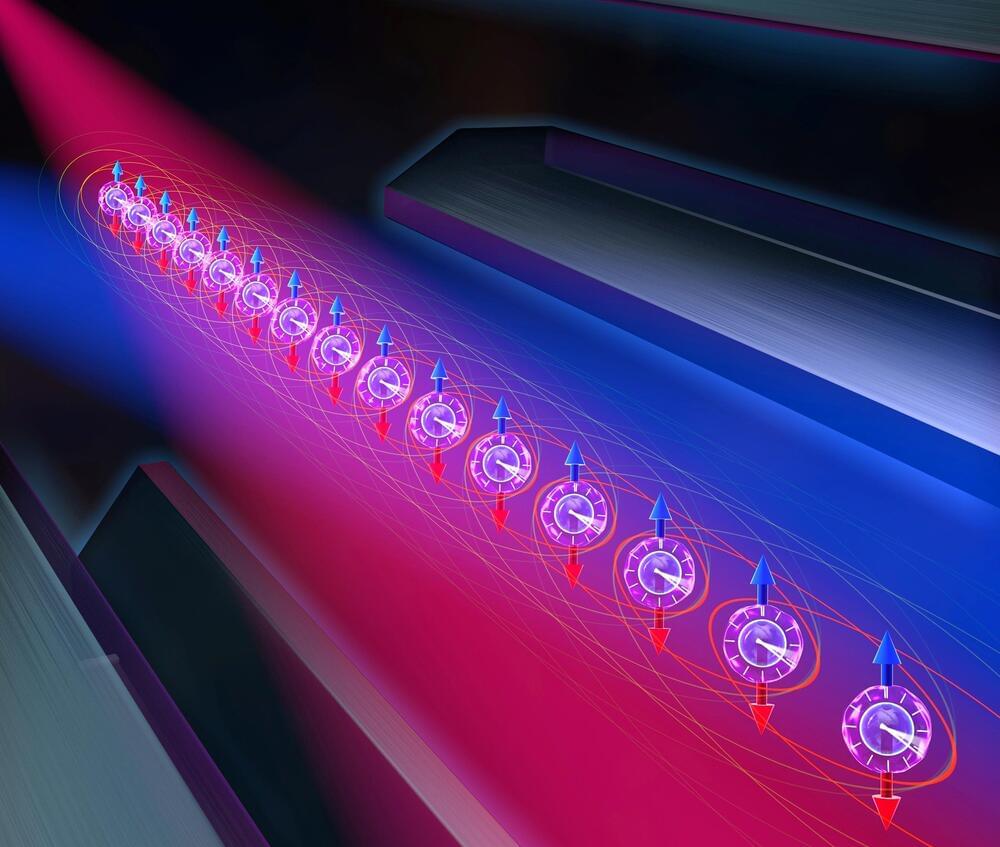Researchers have developed methods to entangle large numbers of particles, improving the precision and speed of quantum measurements. These advancements could revolutionize quantum sensors and atomic clocks, with potential applications in fundamental physics research.
Opening new possibilities for quantum sensors, atomic clocks, and tests of fundamental physics, JILA researchers have developed new ways of “entangling” or interlinking the properties of large numbers of particles. In the process they have devised ways to measure large groups of atoms more accurately even in disruptive, noisy environments.
The new techniques are described in a pair of papers published in Nature.[1] JILA is a joint institute of the National Institute of Standards and Technology (NIST) and the University of Colorado Boulder.
